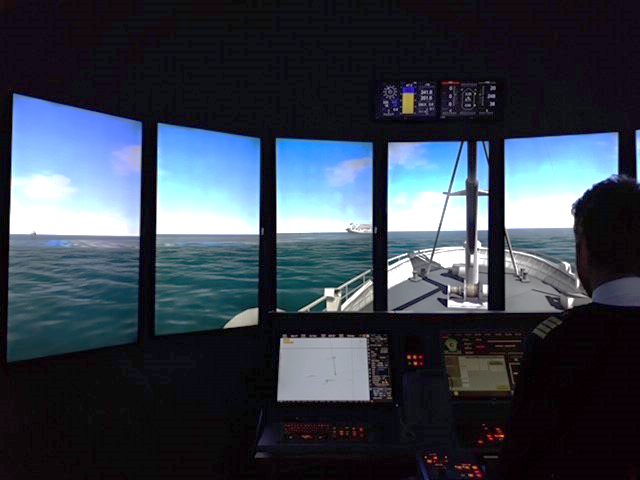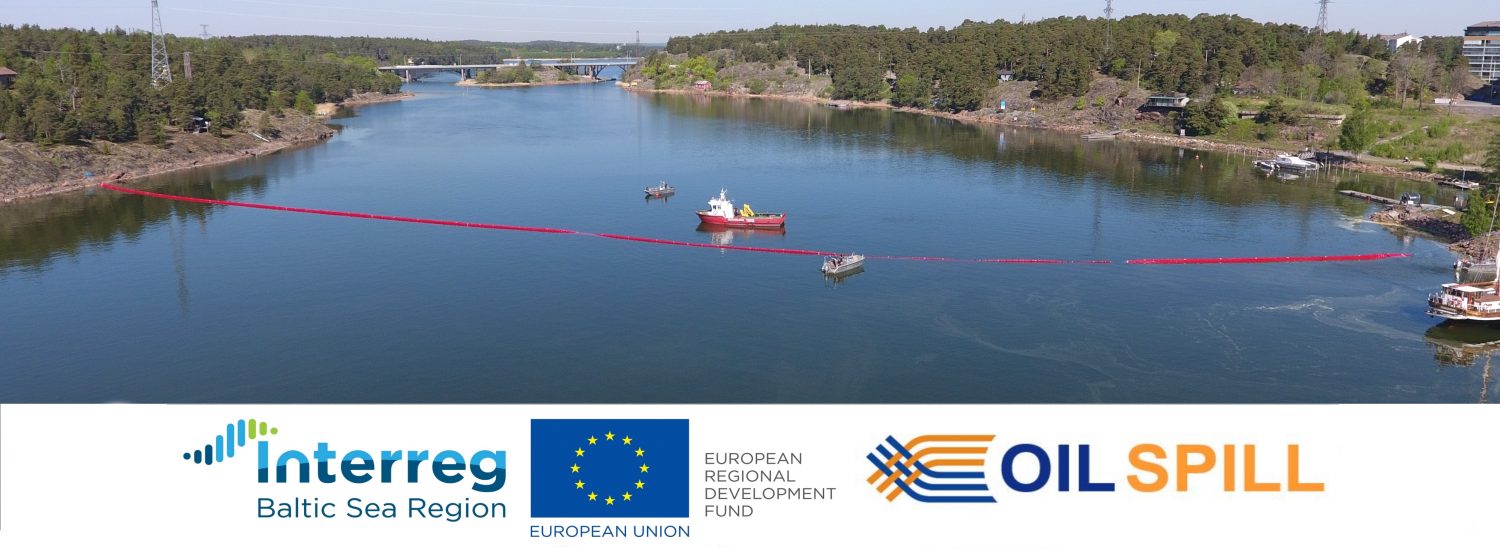Simulator Training by TalTech Estonian Maritime Academy

Written by Kadi Kasepõld, Estonian Maritime Academy, Tallinn University of Technology
The International Maritime Organisations’ International Convention on Oil Pollution Preparedness, Response and Co-operation requires national authorities to have oil spill training plan in place to ensure that all involved parties are adequately trained and prepared for their roles.
Although TalTech Estonian Maritime Academy as a maritime education and training institution is focusing on educating future navigators, ship engineers and shore personnel, we are also contributing in the training of coast and border guards. Besides conventional further training courses in the maritime, we also provide training courses for search mission coordinators (SMC) and on-scene coordinators (OSC) aimed for the staff of national Rescue Coordination Centres and deck officers of vessels taking part in national SAR activities. As the focus of these courses is in the practical application of knowledge via teamwork using case studies and exercises, the maritime simulators play quite an extensive role.
There are limited facilities in the Baltic Sea Region utilising the advanced maritime simulators with an authentic feel and look of a ship-bridge. Out of these, only a few enable the oil spill response training with dedicated oil spill modules. As oil spill response training is not the first aim of maritime simulators, no or very little cooperation is carried out in this field. On the positive side, cooperation between simulator centres is active, especially within the European Maritime Simulators Network. Joint exercises for maritime students are organised several times a year – most often to practice common navigational situations or search and rescue operations giving hope that the near future enables the joint simulator exercises in the field of oil spill response, as well.
So far the participants of SMC and OSC training courses, as well as the participants of the small-scale simulator training that took place within the OIL SPILL project in May 2020 have expressed the usefulness of the simulator exercises. As, fortunately, there are not many big incidents that require extensive response activities, these exercises provide a “refreshment training” opportunity and the gathering of inter-agency competence every once in a while. It was also stated that it would be highly beneficial to conduct oil spill simulator trainings at least once a year in addition to live field exercises. Let’s see what the future holds!

Leave a Reply